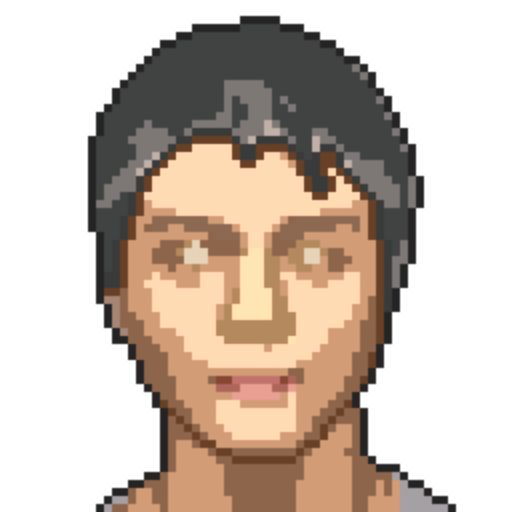320 reads
I Went From Never Reading to 54 Books in a Year, Here's How
by
January 12th, 2021

Interested in Infosec & Biohacking. Security Architect by profession. Love reading and running.
About Author
Interested in Infosec & Biohacking. Security Architect by profession. Love reading and running.
